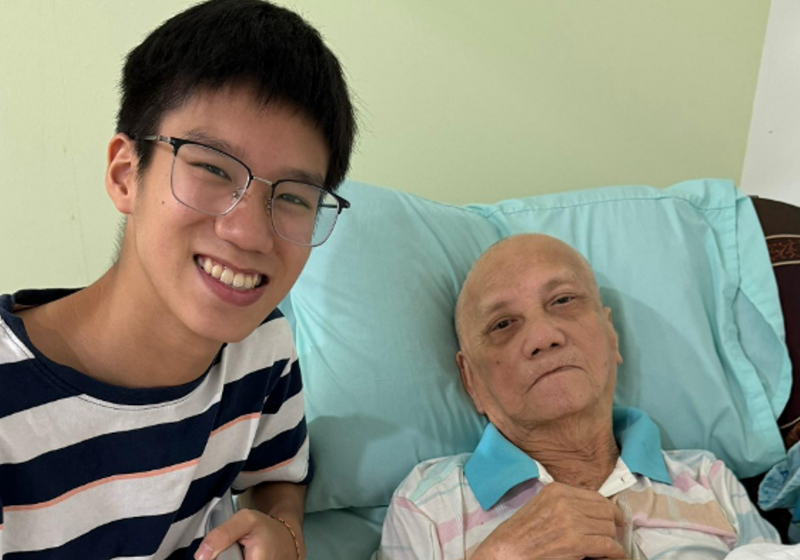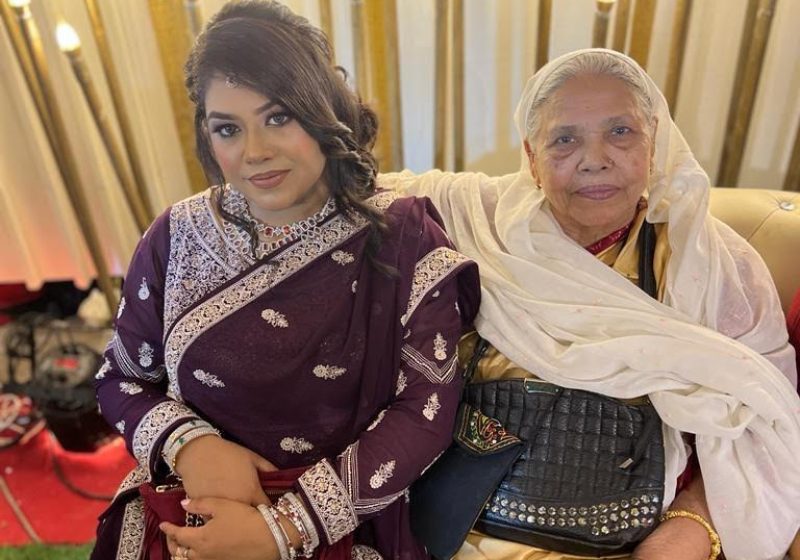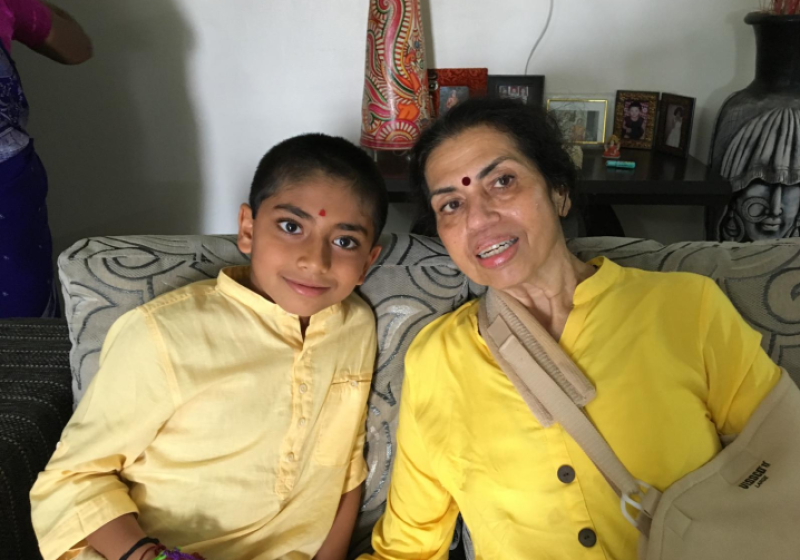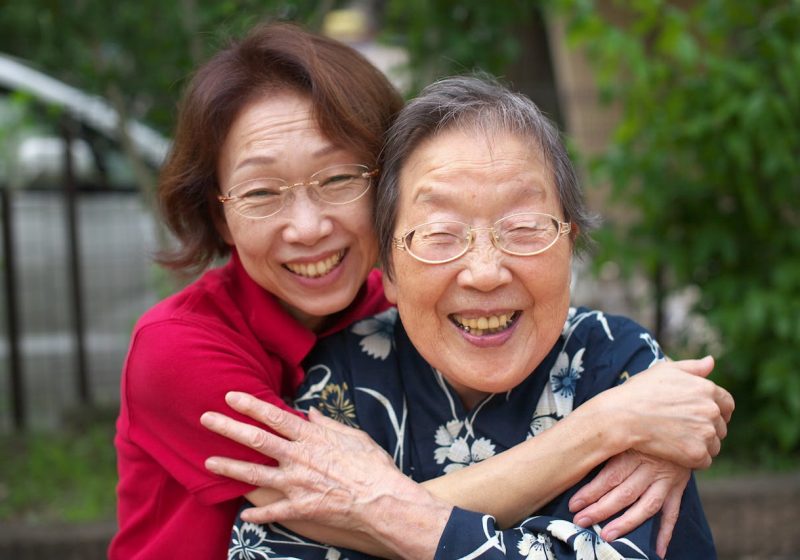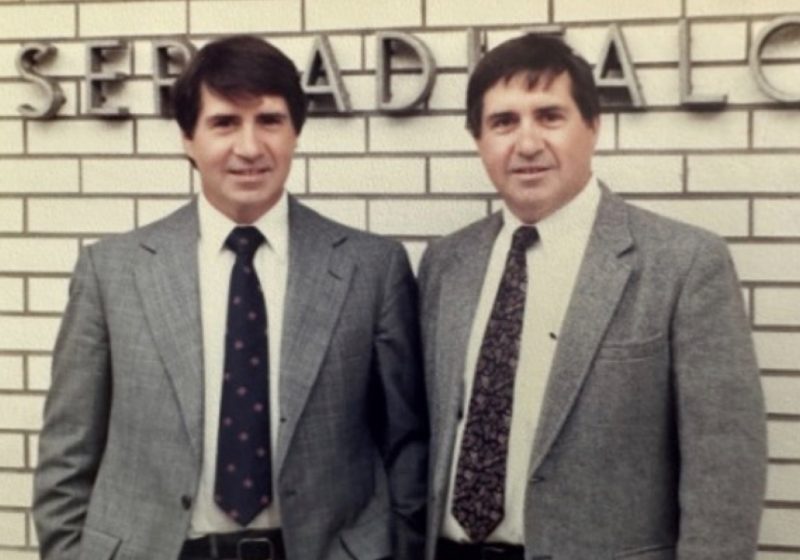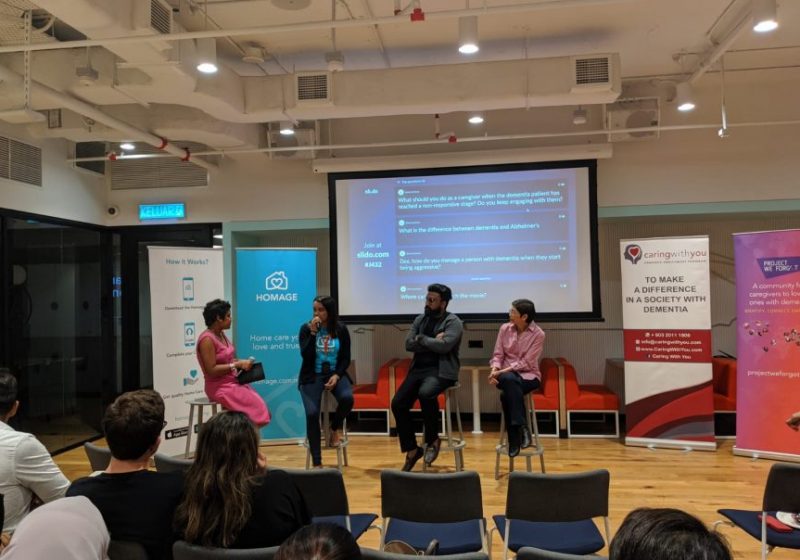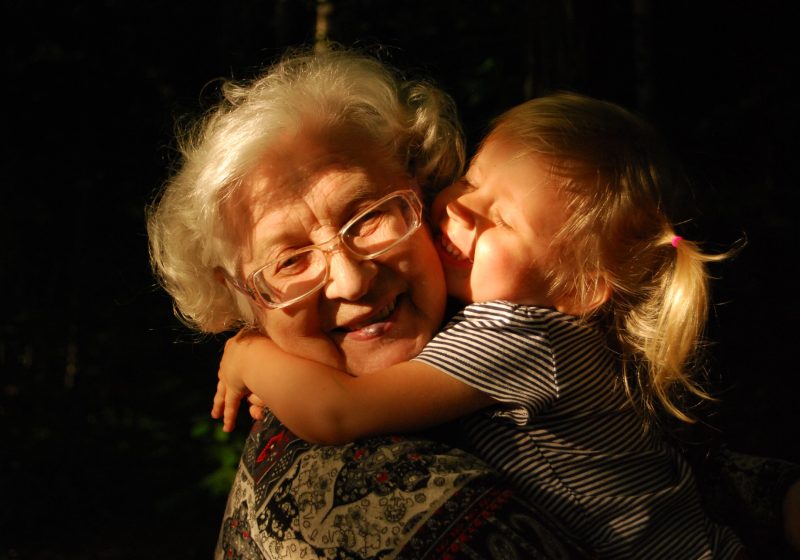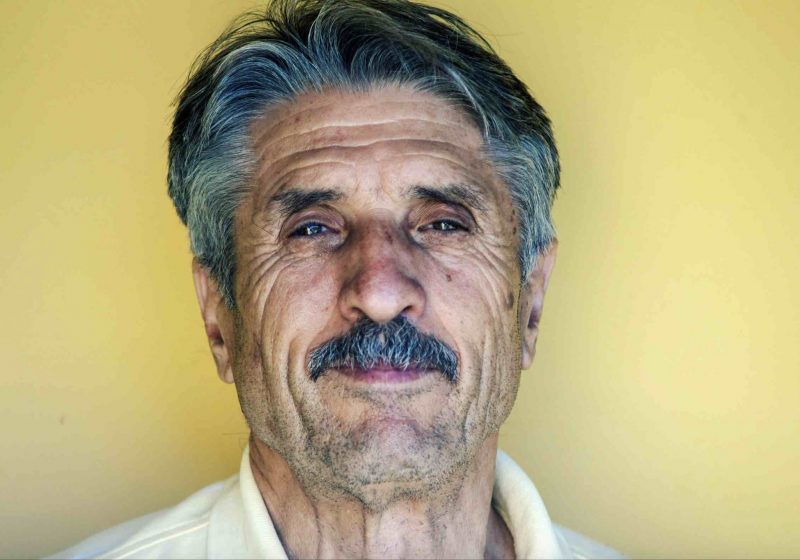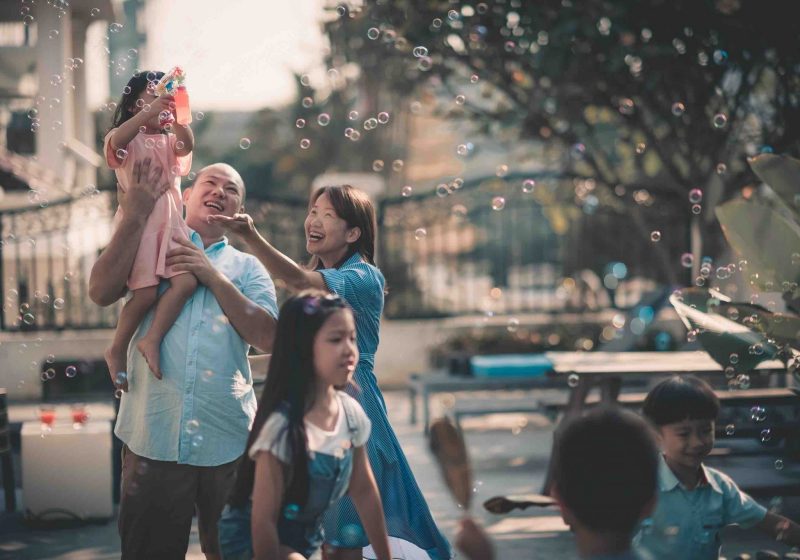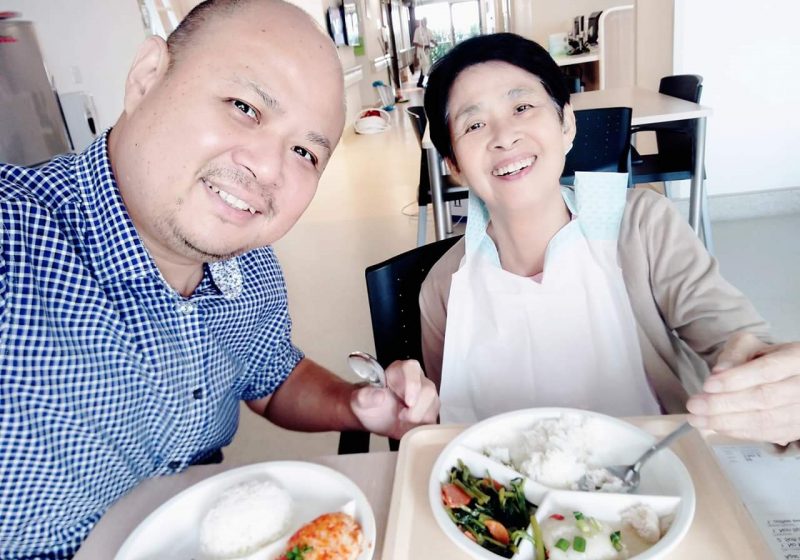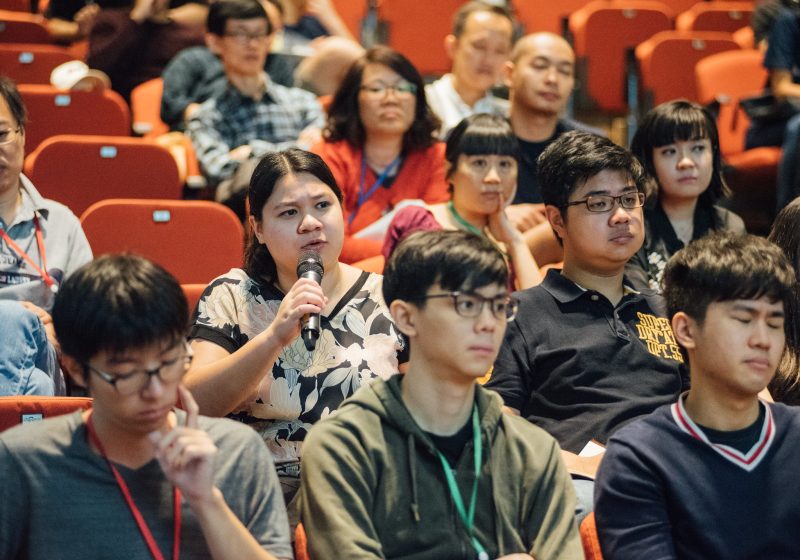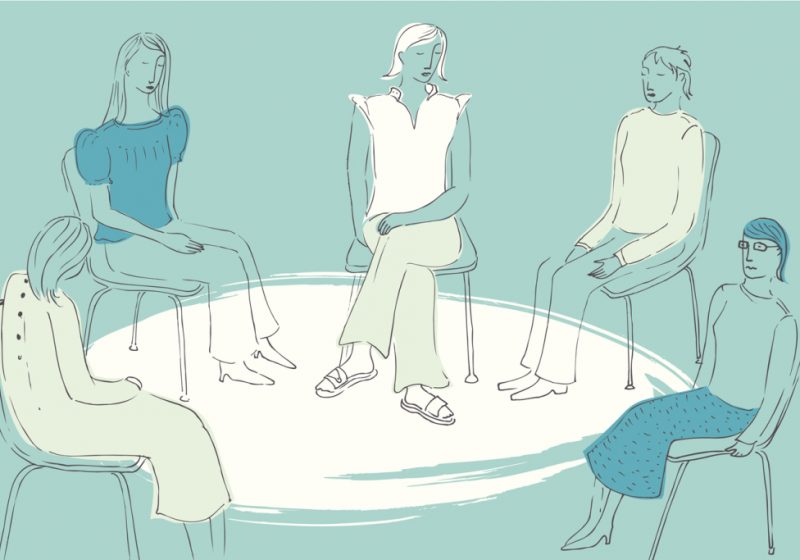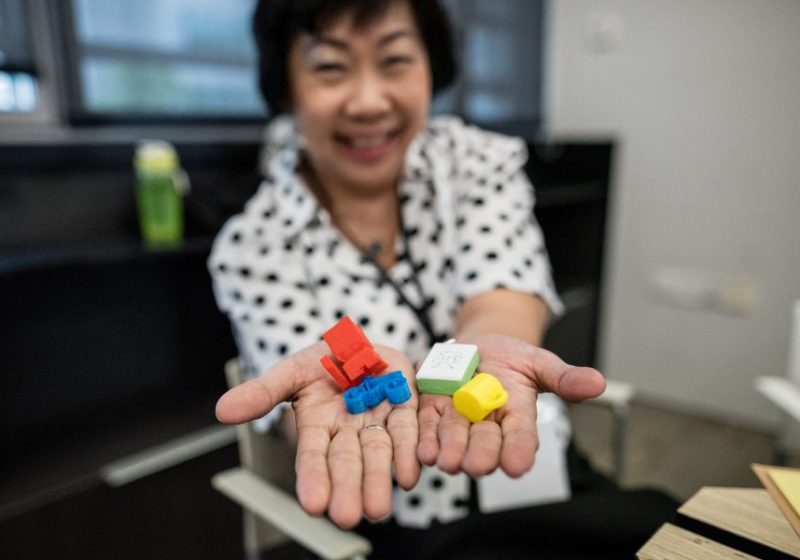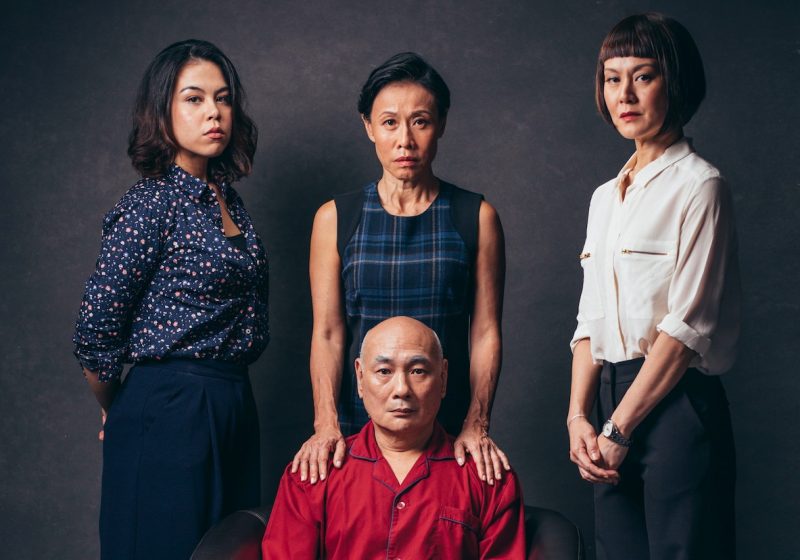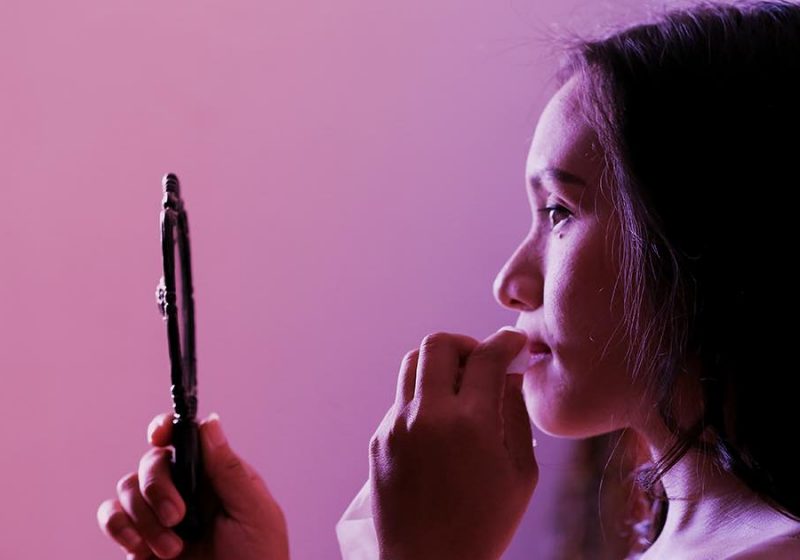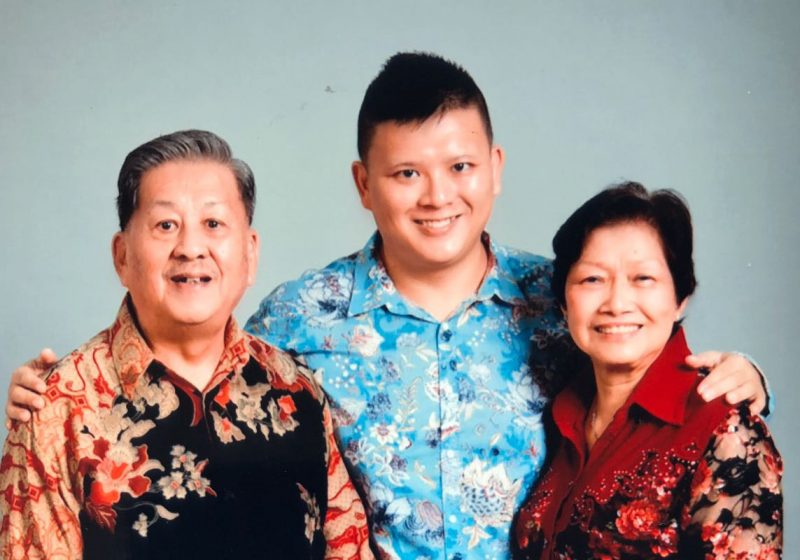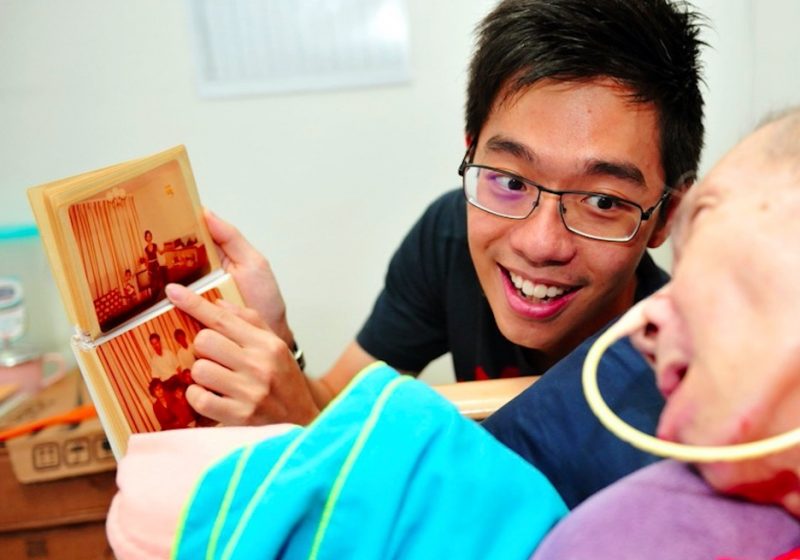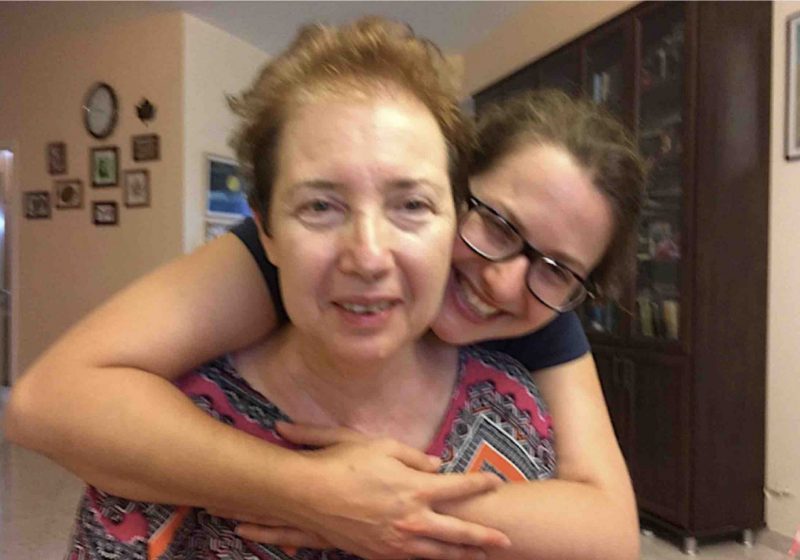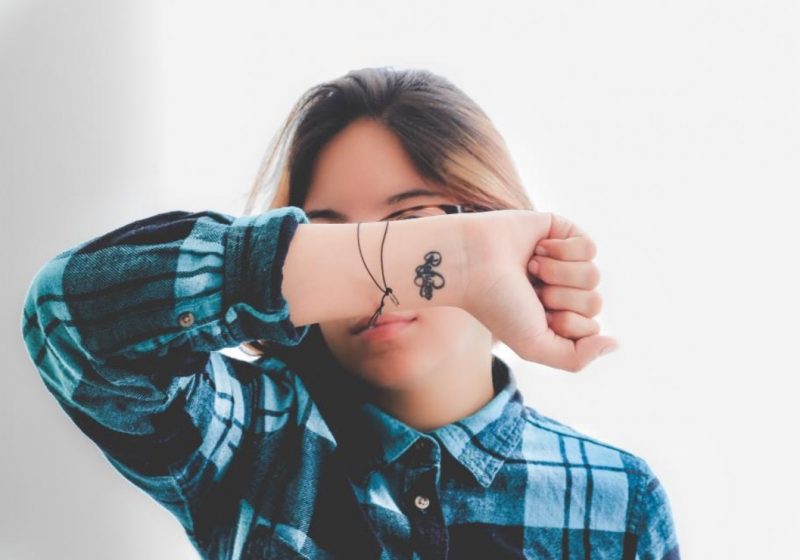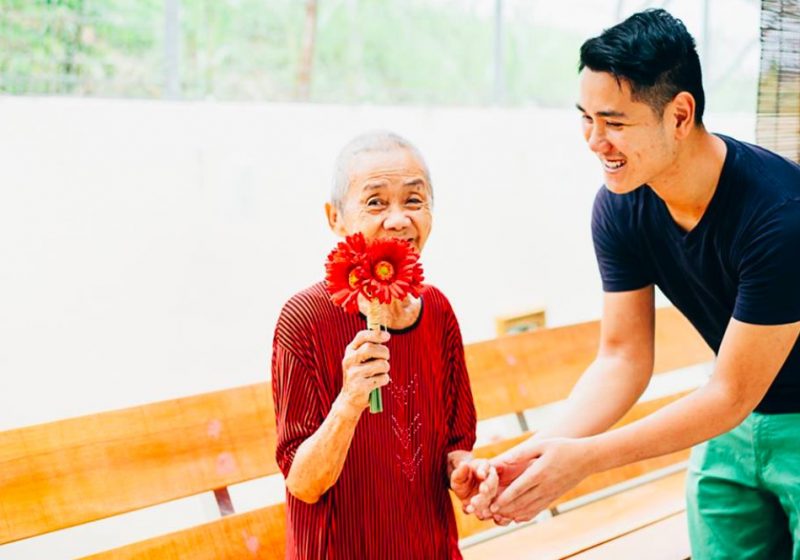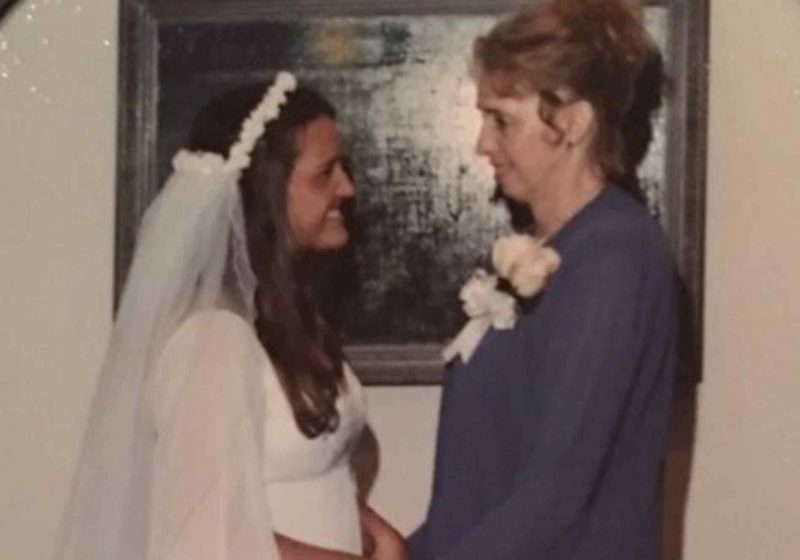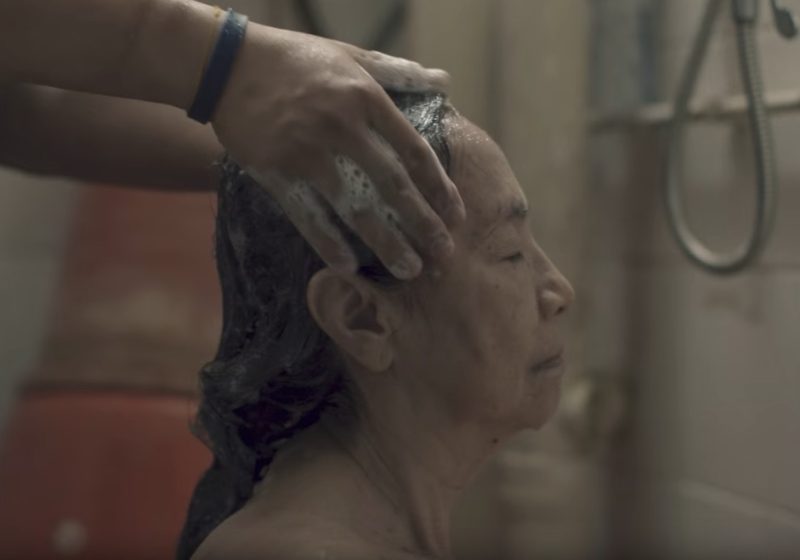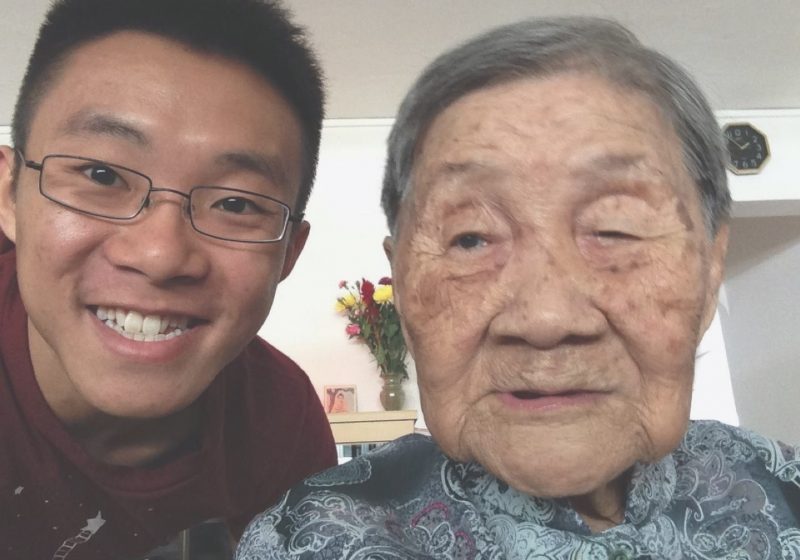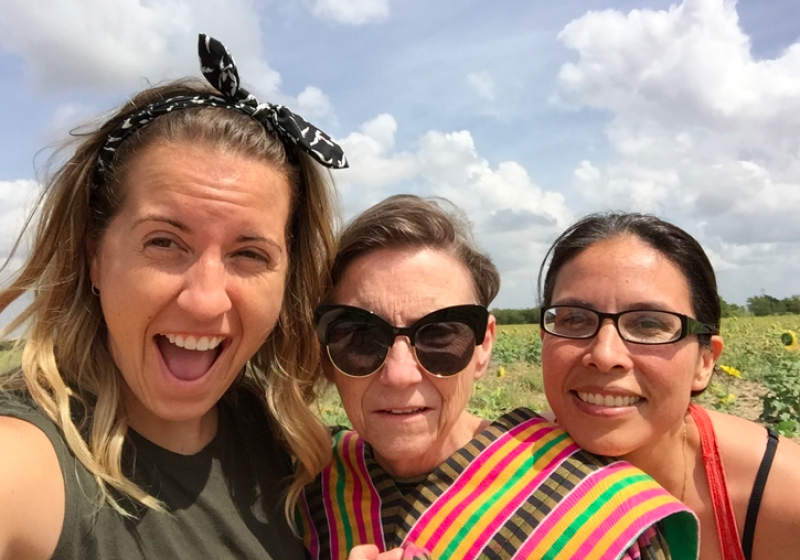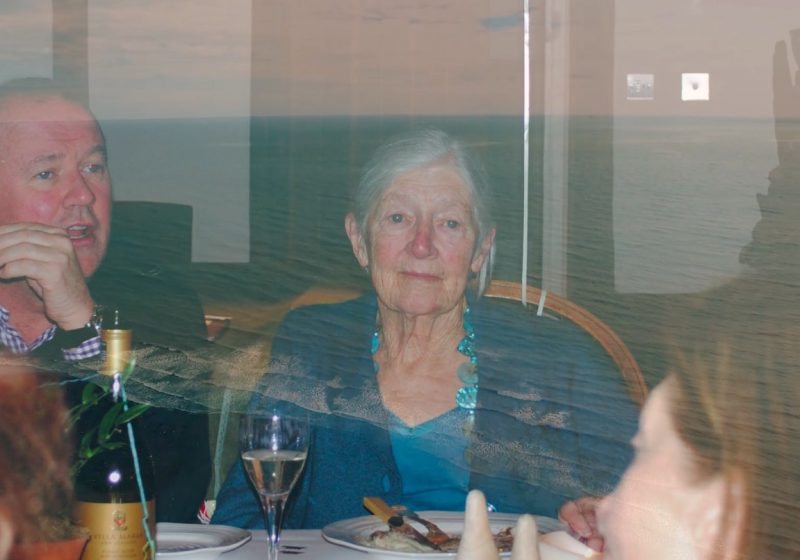My mom saw beyond the babbles, beyond the memory loss, beyond the physical change, beyond the heartbreaking situation that sat next to her. My mom saw only my grandma. What mattered to my mom was that Mama was still a person, and she still deserved what the rest of us deserve.
By Tiffany N. Kilby
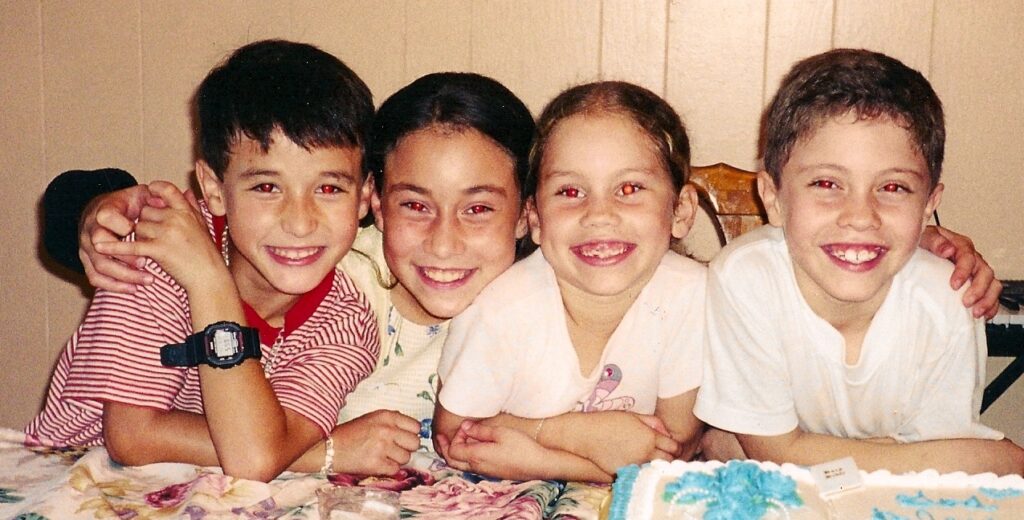
When I was 7 years old, my grandmother was diagnosed with Alzheimer’s Disease. I am the oldest of her 4 grandchildren; my brother was 4 and my cousins were 4 and 2. When she died, we were 10, 7, 8, and 5 years old, respectively.
I remember when my mom told me about my grandma’s diagnosis. She said something like, “Mama is sick now, but we can’t ask her about it.” I’m sure she explained a little more, but I don’t really remember. If she did explain more, I probably didn’t understand. I still don’t understand.
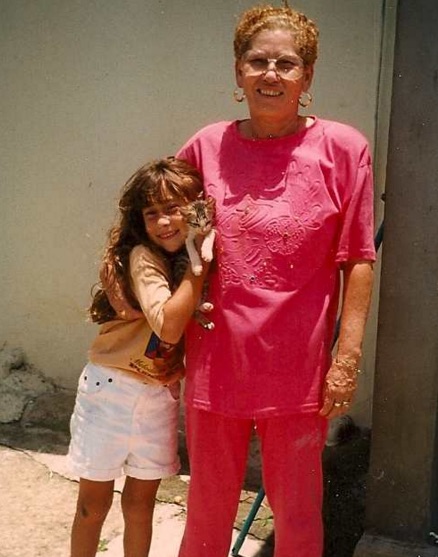
This is what I remember: I remember watching my grandmother forget every single one of us. I remember watching my grandma forgetting how to talk, and how she only babbled one sound over and over “toh-toh-toh-toh.” I remember how it looked like she couldn’t hold herself up because she was so slouched over when she walked. I remember the heartbreaking day she had to get a gastro-tube because she couldn’t eat on her own anymore.
But here are the other things I remember – the things that helped make me who I am, both as a person, and as a Board Certified Behavior Analyst (BCBA).
I remember when Mama found $20 on the ground in a parking lot, and I also remember being very excited because I thought my mom would let my brother and I split the money. But she didn’t. She said that Mama found it, so it was hers. It didn’t matter to my mom that Mama would never buy anything for herself again, that she didn’t talk, or that she probably didn’t even know what she found. She found it, so it was hers. She was different, but she was not less.
I also remember another day; we were in the car. Mom was driving us around Miami. I don’t remember why, but knowing my mom, she was probably just trying to keep us all busy and having fun. Mama was in the passenger’s seat. She was babbling sounds, and I told her I didn’t understand what she was saying. I wasn’t being rude or mean – it’s just that I was about 8 and I didn’t know what else to say. My mom immediately told me not to tell her that, and explained that just because we don’t understand her doesn’t mean that she doesn’t understand us. She wasn’t being mean or angry either. It was a long time ago, but how I remember it is that she said it in a very matter of fact way.
Then, without any more information, she showed me what she meant. She responded and acknowledged Mama’s sounds. In all honesty, they meant absolutely nothing. They weren’t words – they weren’t even parts of words. She was literally babbling. Like a baby. Mama made the same sound over and over (“toh-toh-tohtohtoh”). But, again, that didn’t matter to my mom. What mattered to my mom was that Mama was still a person, and she still deserved what the rest of us deserve. So my mom had a conversation with Mama. My mom saw beyond the babbles, beyond the memory loss, beyond the physical change, beyond the heartbreaking situation that sat next to her. My mom saw only my grandma.
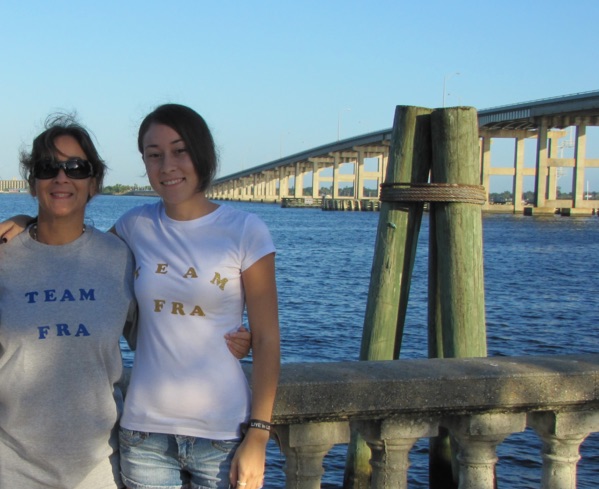
My mom may not even remember these stories, but this is how she taught me to see the world. From Mama’s Alzheimer’s to our other family members diagnosed with autism, cerebral palsy, and more… I see a world of people who are different, not less. I so desperately want to help the rest of the world to see it, too.
In loving memory Fra Fonseca, “Mama”, January 1937 – October 2000. PS – Thanks, Mom!
This story was originally posted on The Behavior Station® platform. Tiffany is the Founder of The Behavior Station.


